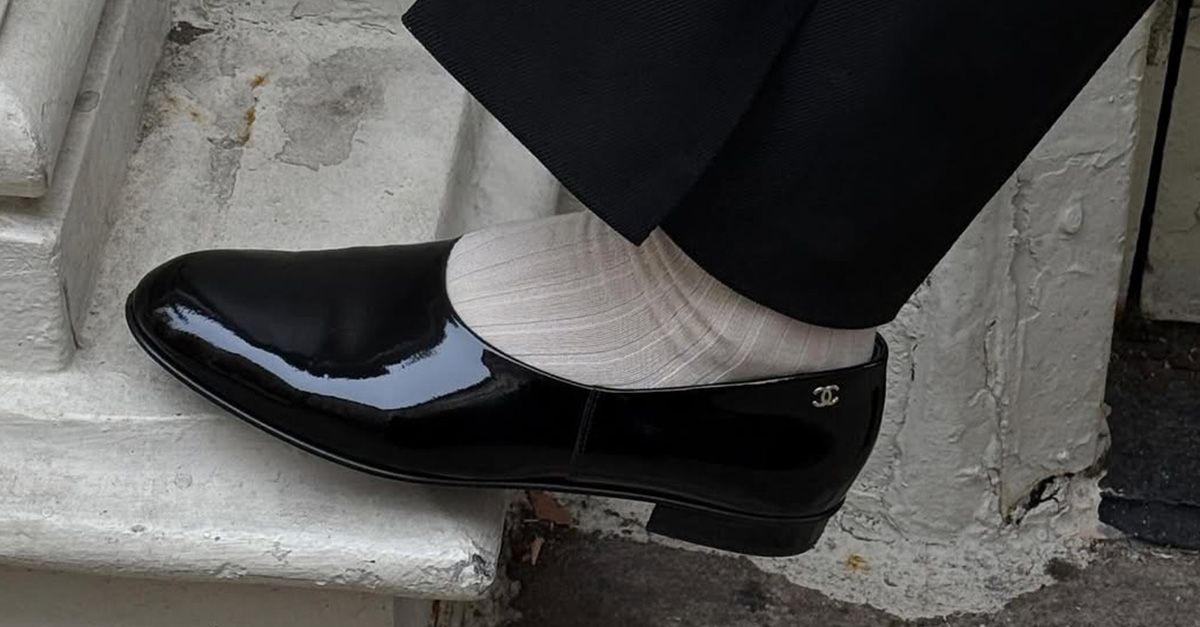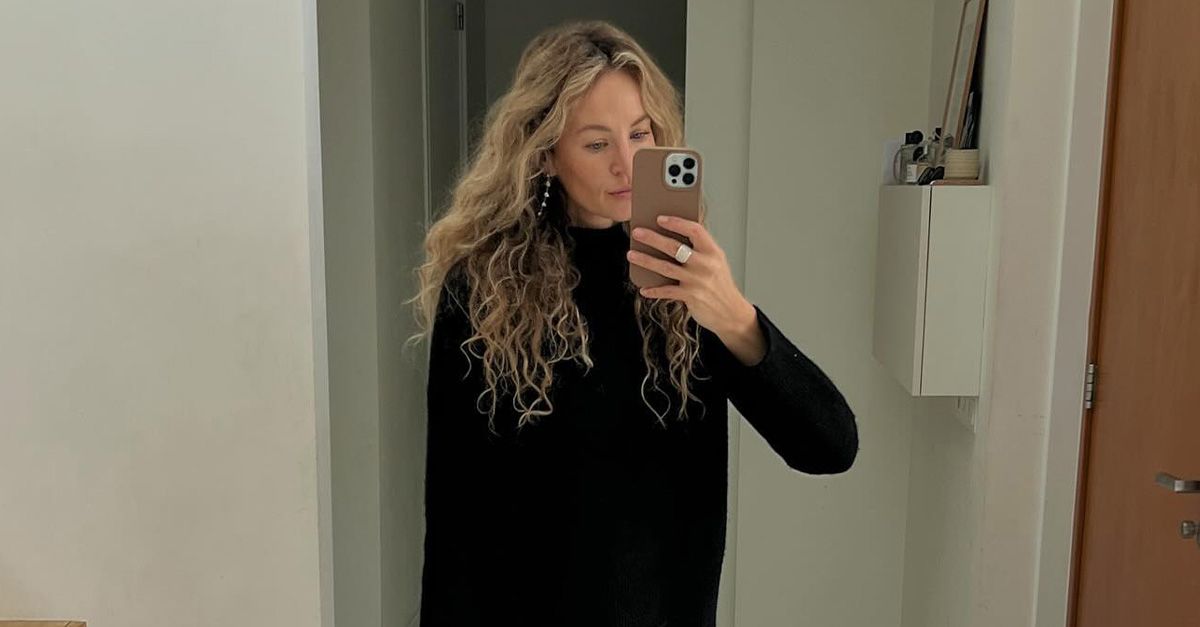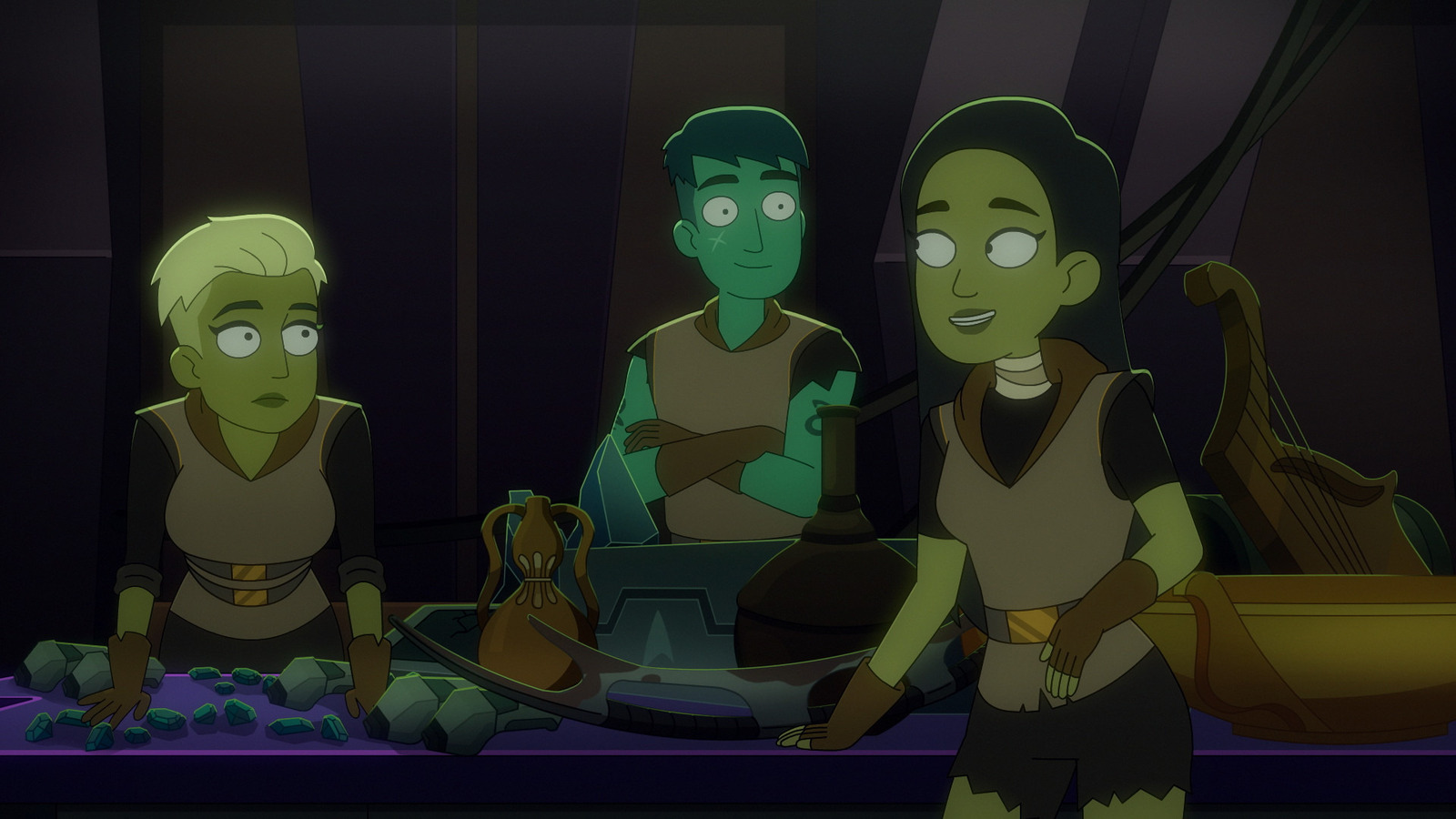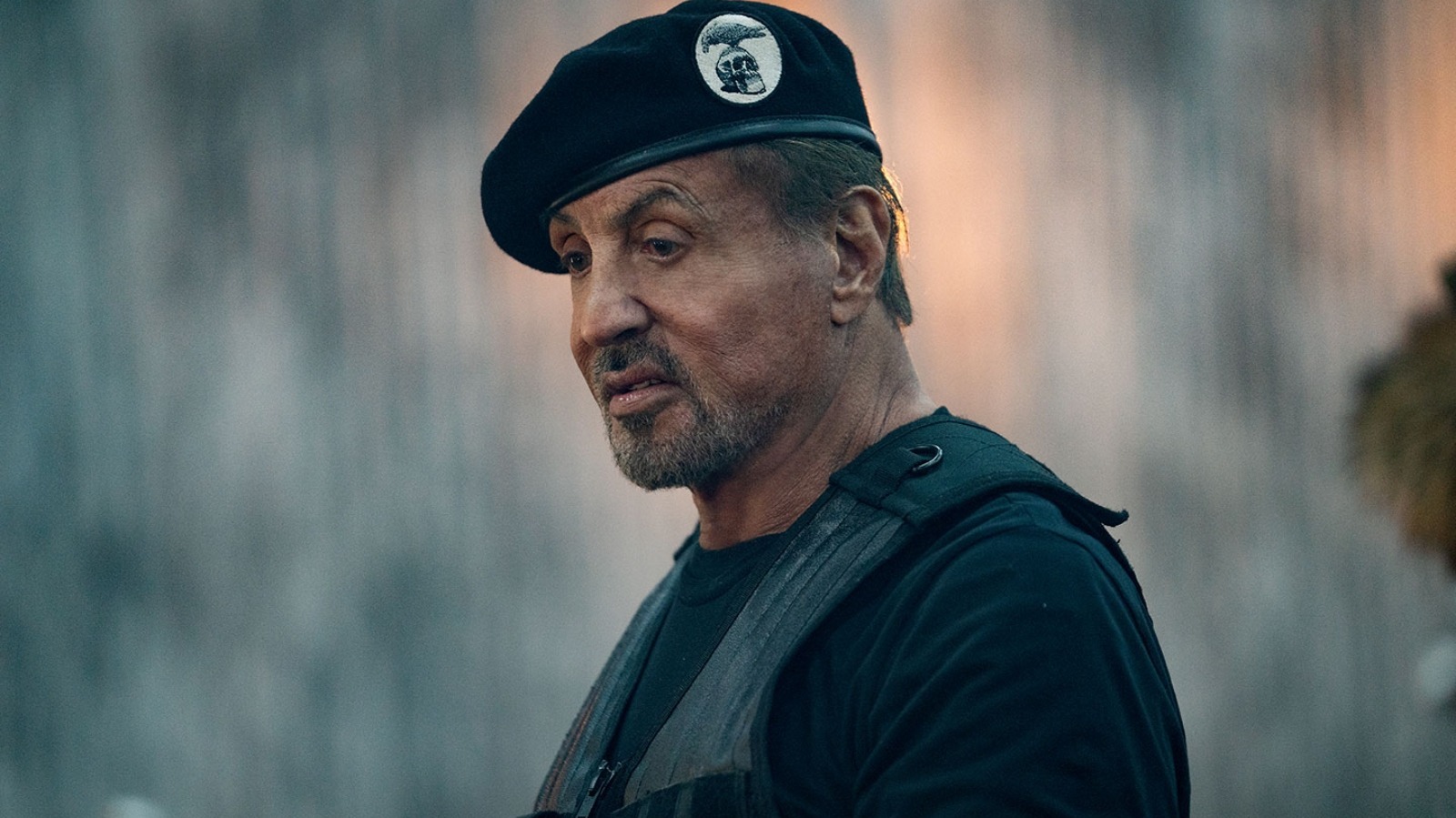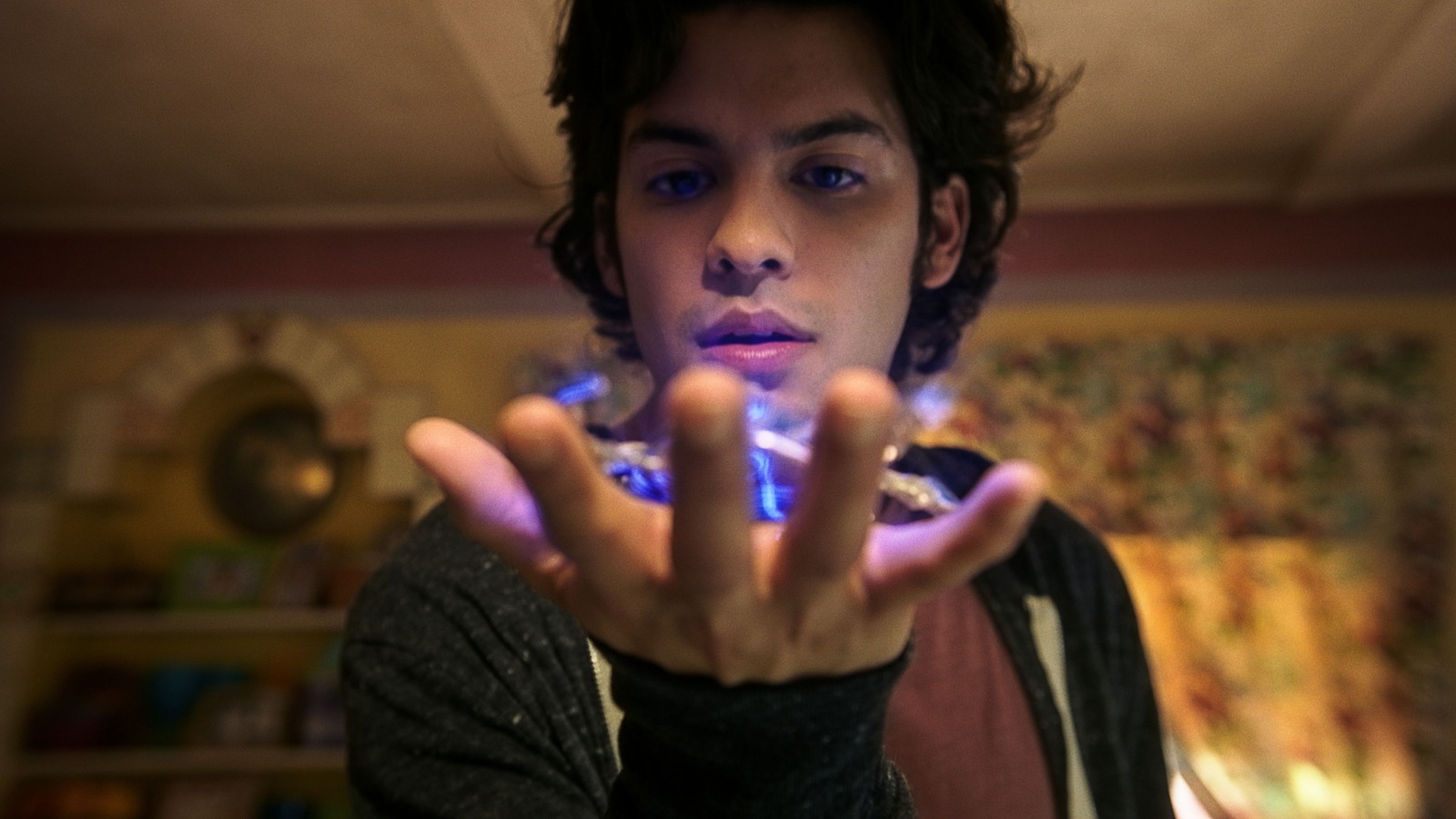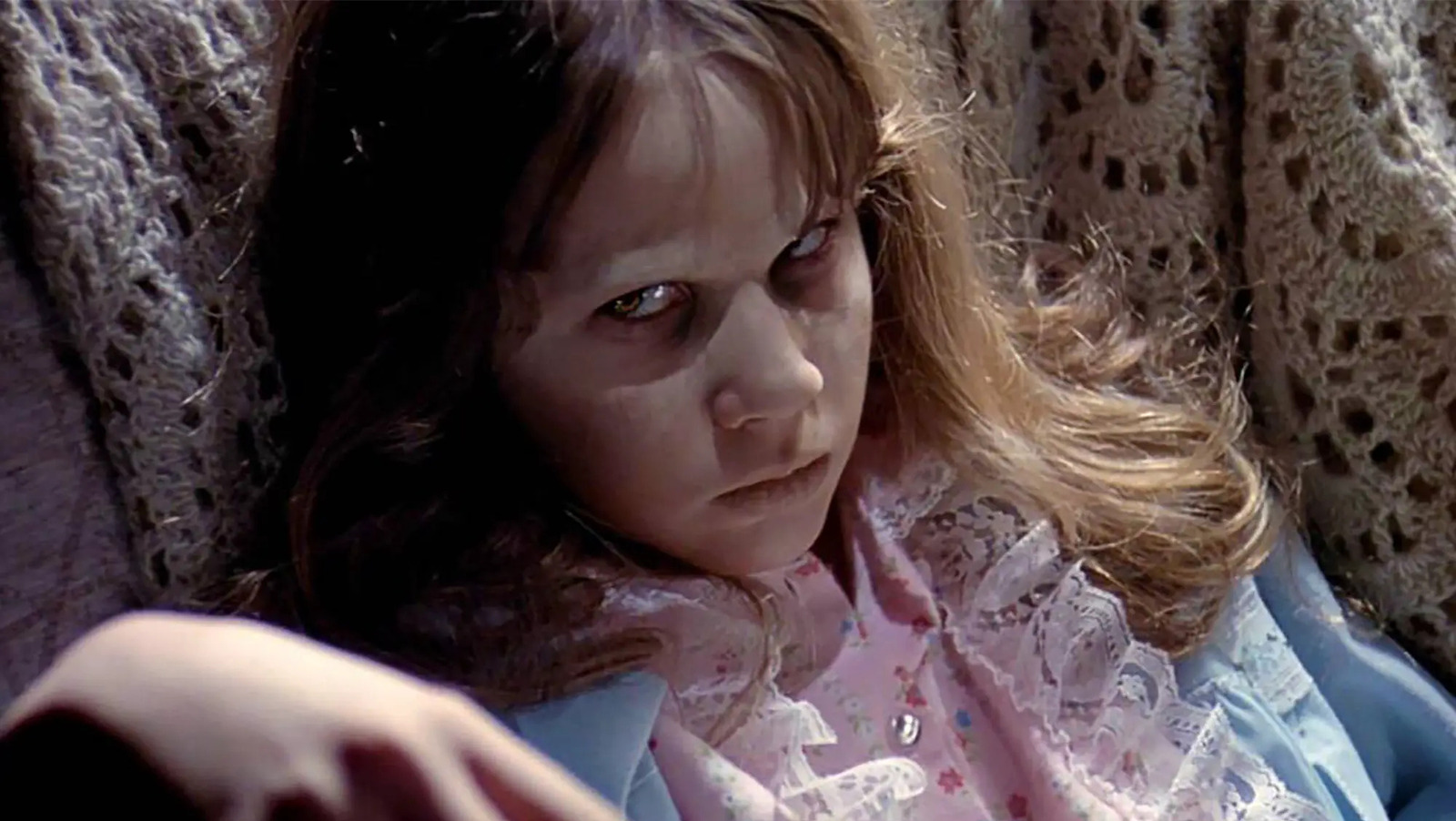Prior to “Lower Decks,” Orions were often discussed only in problematic terms. There are several references to “Orion slaves” on “Star Trek,” implying that slavery is still a functioning institution in the future, a fact that would make “Star Trek” decidedly less-than-utopian. According to various expanded-universe lore — novels, RPGs, and the like — Orions do indeed practice slavery as a matter of course, and often bought and sold people as an institutional norm for centuries. Perhaps this is why Orion is not a member of the federation. In the “Star Trek: Enterprise” episode “Borderlands,” Starfleet witnessed an Orion being sold at a slavery auction.
To take the curse off of Orion slavery, some expanded universe writers have bent over backward to explain how it might be ethical from a sci-fi standpoint. Some of said writers have compared Orion slavery to essentially low-paid internships wherein Orions would be given money for their work and would be openly educated by their owners under a timed contract. They would just have to live in their master’s homes, and only socialize with other enslaved beings. Once the contract was up, the enslaved individual was free. This is the rosiest version of slavery I have ever heard.
Throughout, Orions have been depicted as pirates, and, as seen on “Lower Decks,” they are still accustomed to pillaging and plundering well into the 24th century. Mariner (Tawny Newsome) has joshed with Tendi multiple times about her pirate ancestry, an offensive Orion stereotype that Tendi eventually confronts Mariner about. Not all Orions are pirates, she says. Indeed, Tendi is sparkly, kind, and interested in medical science.
“Something Borrowed,” however, reveals that most Orions live a rowdy, sexy, violent, rough-and-tumble lifestyle. When Mariner visits Orion for Tendi’s sister’s wedding, she is stabbed at least three times.
Source From: www.slashfilm.com
Source link


